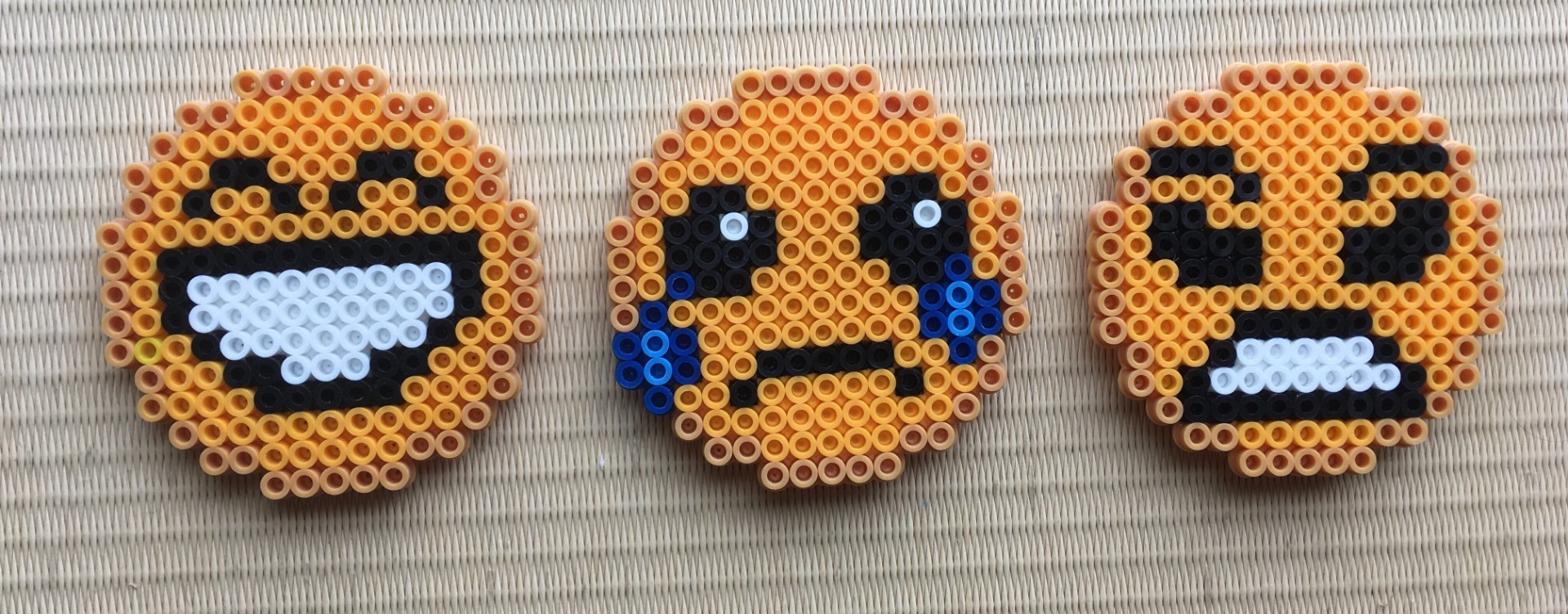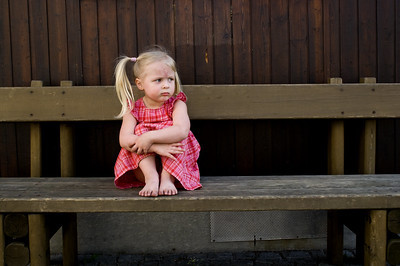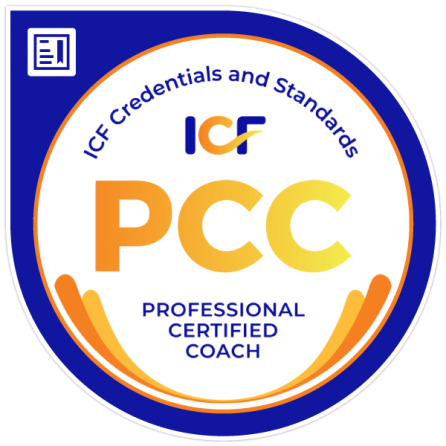Can anything be as energy draining as having an argument with your child? Kids are so good at pushing our buttons, triggering strong emotions. Many parents who feel angry with their children also feel angry with themselves for feeling in that way, as if feeling angry with your child is something that a good parent shouldn’t do. However, each argument, each moment of irritation is an opportunity for you to develop your child’s emotional intelligence (EQ). Children who are brought up in homes where uncomfortable emotions (such as anger or sadness) are concealed or brushed under the carpet, are more likely to have problems dealing with their own emotions as adults. Depression, anxiety and low self-esteem are common. The good news is that, if you, the parent, learn to express your emotions in a healthy and productive way, you will help your child to learn to do the same for herself. Instead of telling yourself “I shouldn’t be so angry with my child”, tell yourself “each time I feel angry is an excellent opportunity for me to develop my child’s emotional intelligence”.
Awareness
The first step in dealing with your emotions is to be aware of what emotion you have. This may sound simple, but for many parents, this is very difficult. When your child is having a tantrum in the supermarket, punching her sister, refusing to do as told or triggering us in some other way, all our thoughts are usually about the child, not about ourselves. However, if you can pause for a moment and realise what’s going on within you, you are suddenly much better able to choose how to handle the situation. You gain the ability to act rather than to react.

Find out why you are angry
As you’ve gained awareness of your emotion, you might want to dig a little bit deeper and ask yourself why you are feeling the way you do.
Are you tired or stressed? If you notice that you tend to have more arguments with your child at a specific time of the day, it might be a sign that you are simply out of energy resources. What can you do to lessen the likelihood of a conflict at these specific times of the day?
Is your child stepping on an important value? Parents get angry in different situations. A parent who values good table manners gets angry when their child doesn’t sit properly at the dinner table. A parent who values education gets angry when the child refuses to do her homework. A parent who values neatness and organisation gets angry when a child doesn’t tidy up after herself.
Is there an underlying emotion? Let’s say you’re at a restaurant and your young child finds it difficult to stay seated on her chair. You get angry, but beneath that anger there is a fear of what other people in the restaurant might think about you as the wild child’s parent. You may feel ashamed, as if your child’s behaviour is a sign that you are a bad parent. If similar situations happen over and over again, you might start to worry that there is something “wrong” with your child or your parenting and that your child will always be this way. If you can find the underlying emotions and acknowledge them, they will be much easier to deal with.

Express your emotion
Imagine yourself holding a plastic water hose. The water inside the hose is dirty so you squeeze it so that it will not come out. The pressure gets higher and higher and you need to squeeze that hose harder and harder in order for the water not to leak out. However, if you let go and just let the water flow out freely, the dirty water will come, it might look disgusting, but after all the dirty water is gone, clean water follows. Which method is better for getting rid of the dirty water? Squeezing the hose to keep it in, or to let it flow away?
Just like the water in the hose, when you express your anger, you acknowledge it for what it is, and it will eventually fade away.
There are bad ways of expressing emotions. If you hurt someone or something, it’s bad. Fortunately, there are many ways of expressing anger that doesn’t hurt anyone or anything. The trick is to keep the focus on you without blaming your child. Saying “I feel really angry now” focuses on you, whereas “You make me so angry” blames the child. My formula for positive nonviolent communication that works well even with very young children is “I feel … I want…”
For example:
“I feel really, really angry right now. I want you to clean up your toys right away.”
(Not “Why can you never learn to pick up your stuff? I’ve told you a hundred times!”)
“I feel so irritated. I want you to sit still until you have finished your meal.”
(Not “You are so irritating! Sit still!”)
“I feel furious. I want you to be careful with your brother.”
(Not “You’re a bad boy! Look now what you’ve done!”)
Once you have put a name to the feeling and expressed what you would like your child to do in order to make you feel better, you can start to think of what else you might need. Do you need to leave the room to take a deep breath? Do you need some rest? Do you need to stomp your feet and punch a pillow? Anything that you classify as acceptable and that helps you to release the tension is fine.

Apologise
Sometimes we make mistakes. Everyone does. When we are angry we unfortunately tend to make more mistakes. That’s ok as long as we make up for them afterwards. Perhaps you told your child something that you regret? Perhaps you grabbed her arm too hard? Or did something worse? Whatever it is, be an adult and show your child that you dare to acknowledge your mistakes and apologise. Again, it sounds easy, but it can be really difficult. Remember, this is not only about healing your relationship with your child, it is also about modelling to your child how to deal with mistakes. You don’t need to be a perfect spotless parent. In fact, having a perfect parent would be terrible as it puts pressure on the child to be equally perfect. Instead, be the parent that your child needs to learn to accept herself and grow into a morally sound individual.
In conclusion, parenting is often much more about dealing with one’s own emotions rather than your child’s. Only when you can effectively deal with your own emotions, are you prepared to listen actively to your child and acknowledge her feelings. In some cultures, it is common to hear parents tell their children “don’t cry”. Why do parents say that? I think that it’s primarily because the parent doesn’t want to feel her own emotions triggered by the child’s cry. The child’s cry might raise a range of uncomfortable feelings and thoughts such as “I’m a bad parent” or “there is something wrong with my child”. The easiest way is then to tell your child to not cry, but that is just like squeezing the hose that I mentioned earlier. If you can acknowledge and manage your own emotions, you will be able to listen to your child’s cry without trying to change anything. This in turn will give your child the message that emotions are ok, she is ok and you love her just the way she is. Self-esteem and emotional intelligence will follow. What a wonderful gift to give your child!








